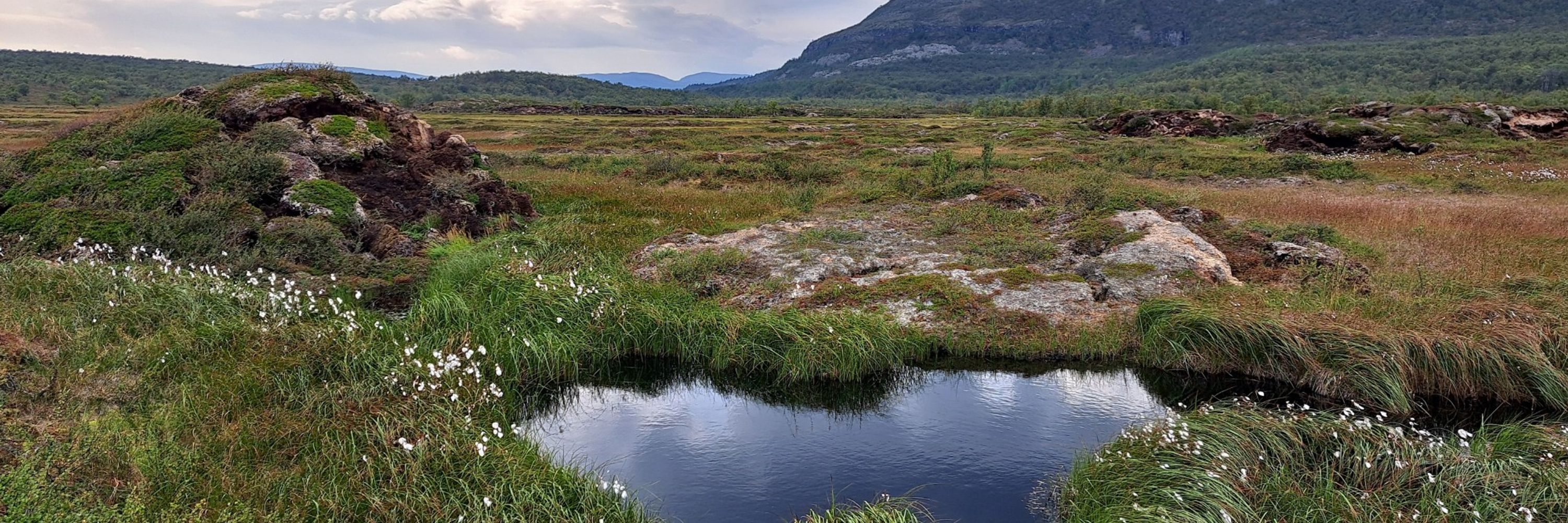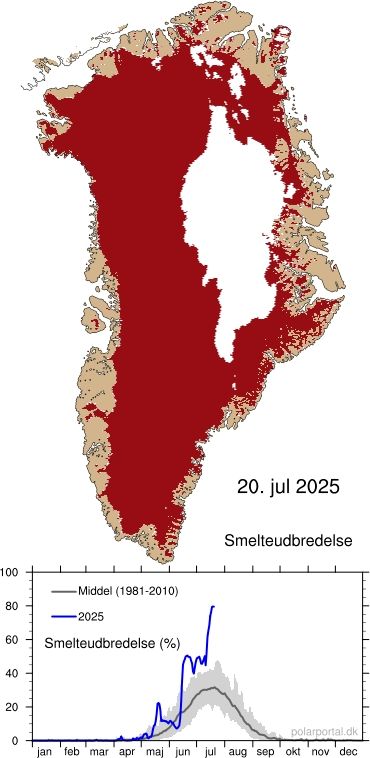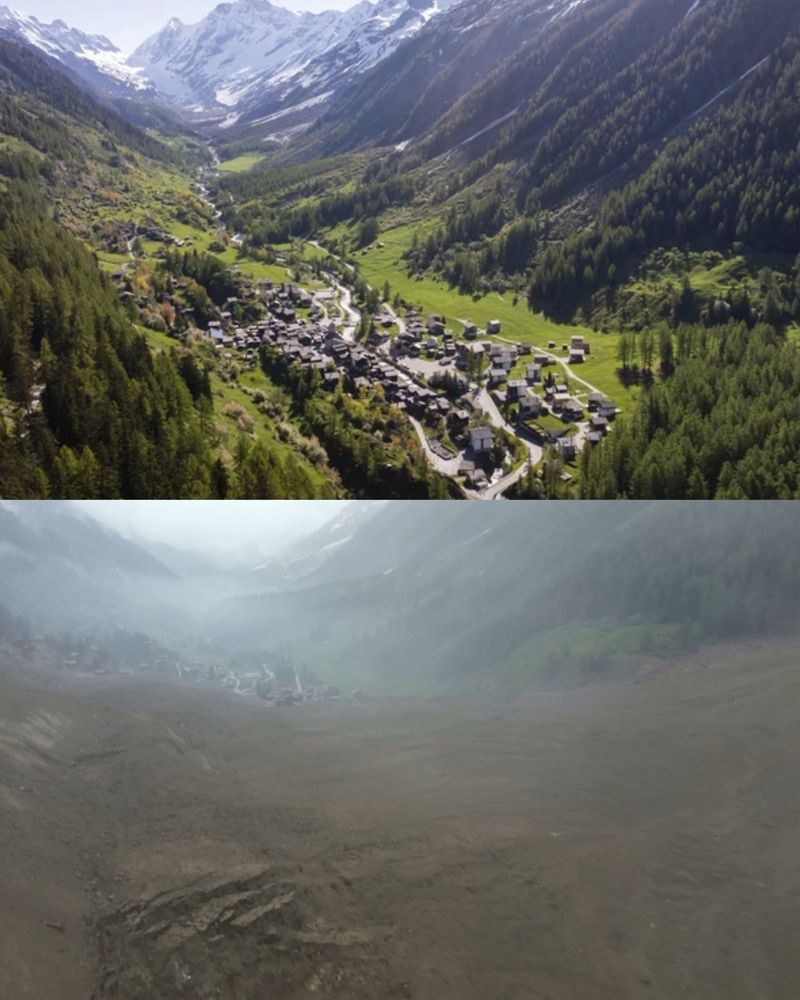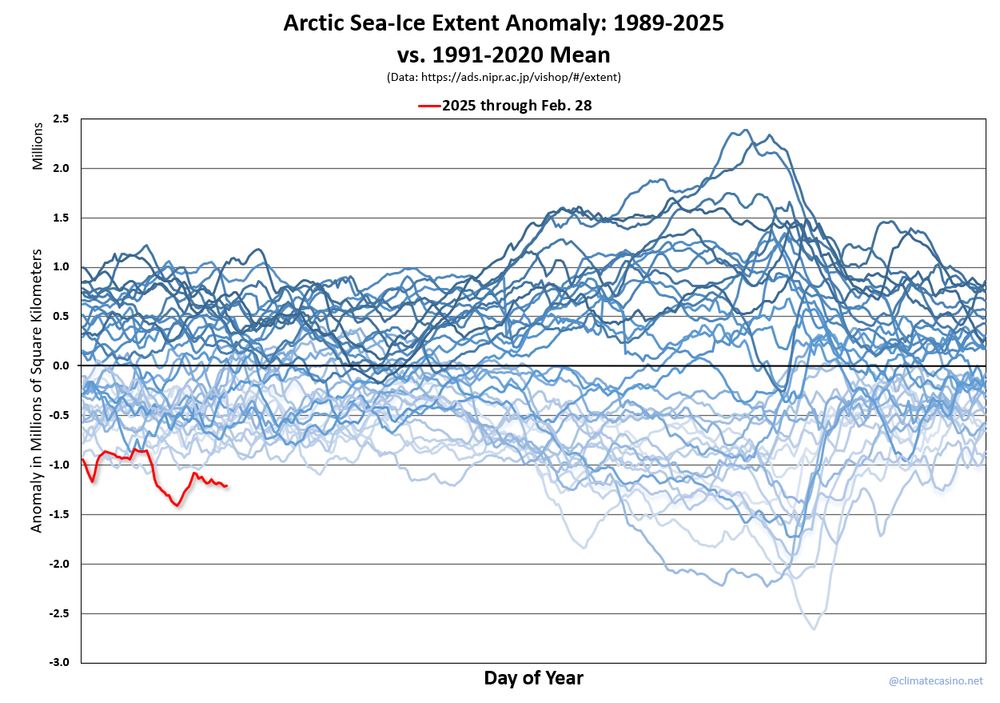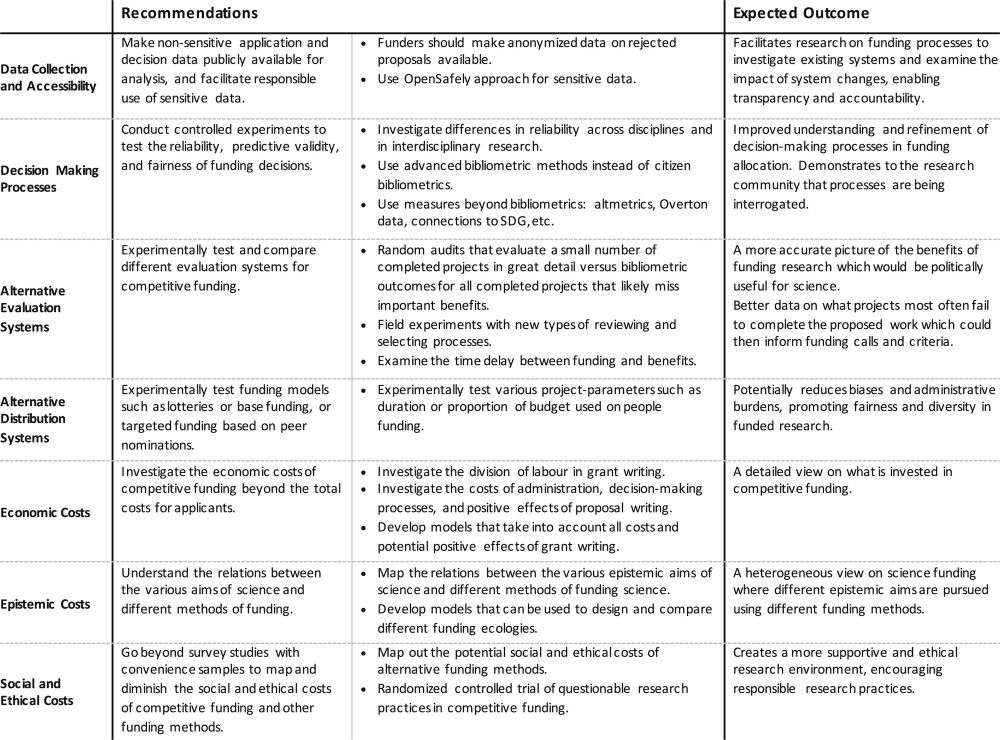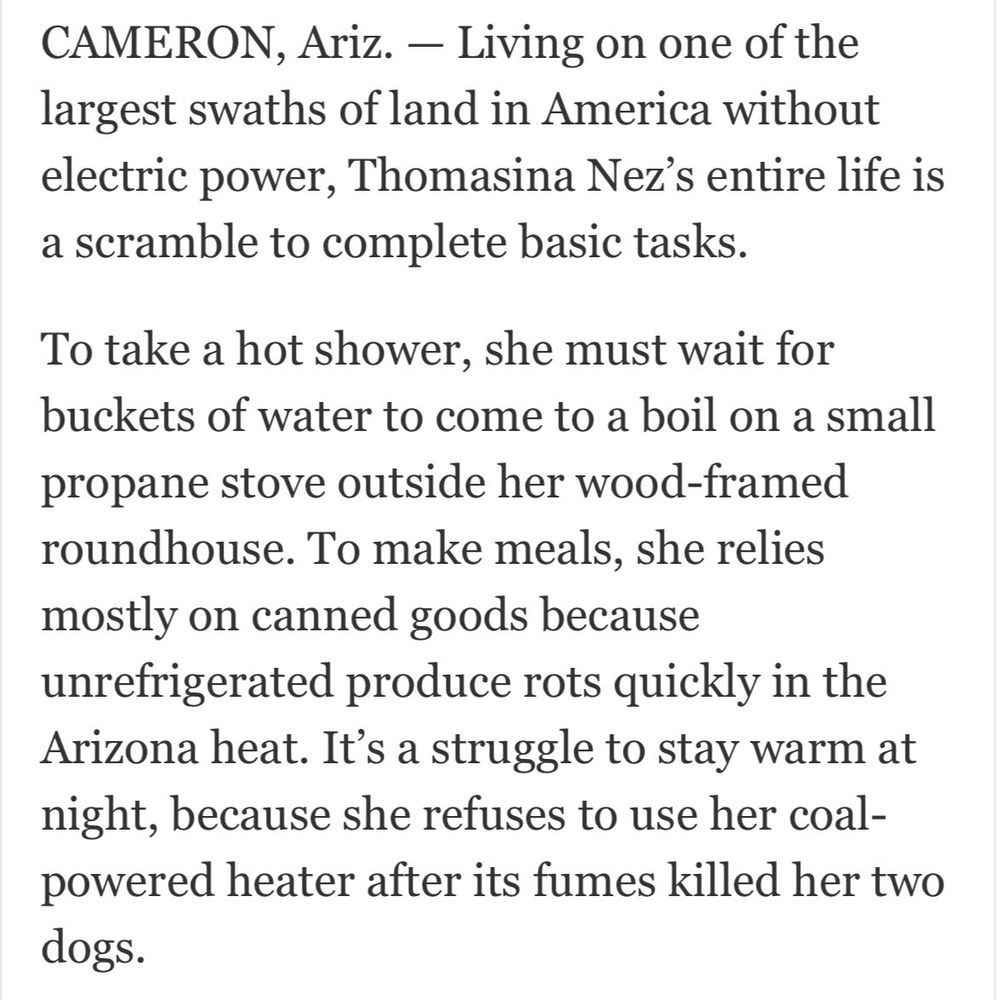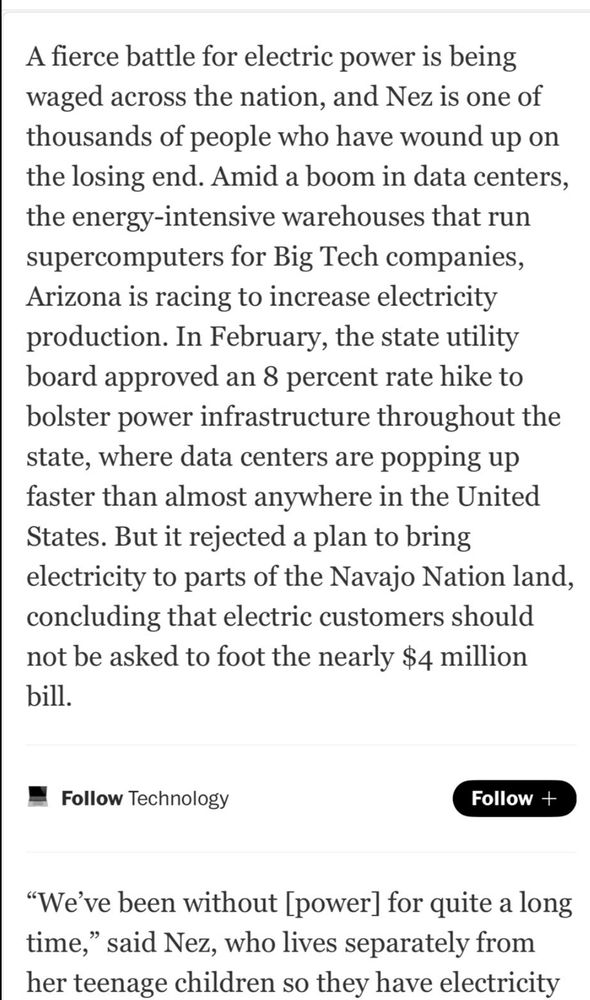Katarzyna Marcisz
@marciszowna.bsky.social
1.7K followers
460 following
17 posts
Palaeoecologist & ecologist • 🩵 peatlands & testate amoebae • Professor at AMU Poznań PL
Posts
Media
Videos
Starter Packs
Reposted by Katarzyna Marcisz
Reposted by Katarzyna Marcisz
Reposted by Katarzyna Marcisz
Reposted by Katarzyna Marcisz
Reposted by Katarzyna Marcisz
Medievalist.net
@medievalists.bsky.social
· Apr 24

Why the First Polish State Collapsed: An Environmental and Political Breakdown - Medievalists.net
A new study uncovers why Poland’s first kingdom—the Piast state—collapsed so quickly, linking slave trade wealth, ecological intensification, and political fragility. Archaeology, pollen records, and…
www.medievalists.net
Reposted by Katarzyna Marcisz
Reposted by Katarzyna Marcisz
Reposted by Katarzyna Marcisz
Reposted by Katarzyna Marcisz
Reposted by Katarzyna Marcisz
Reposted by Katarzyna Marcisz
Reposted by Katarzyna Marcisz
Jacquelyn Gill
@jacquelyngill.bsky.social
· Jan 19
Reposted by Katarzyna Marcisz
Timothy Neale
@tdneale.bsky.social
· Jan 11
Reposted by Katarzyna Marcisz
Reposted by Katarzyna Marcisz
Nora Becker
@norabeckermd.bsky.social
· Dec 24

Gender and the Dynamics of Economics Seminars
Founded in 1920, the NBER is a private, non-profit, non-partisan organization dedicated to conducting economic research and to disseminating research findings among academics, public policy makers, an...
www.nber.org
Reposted by Katarzyna Marcisz
